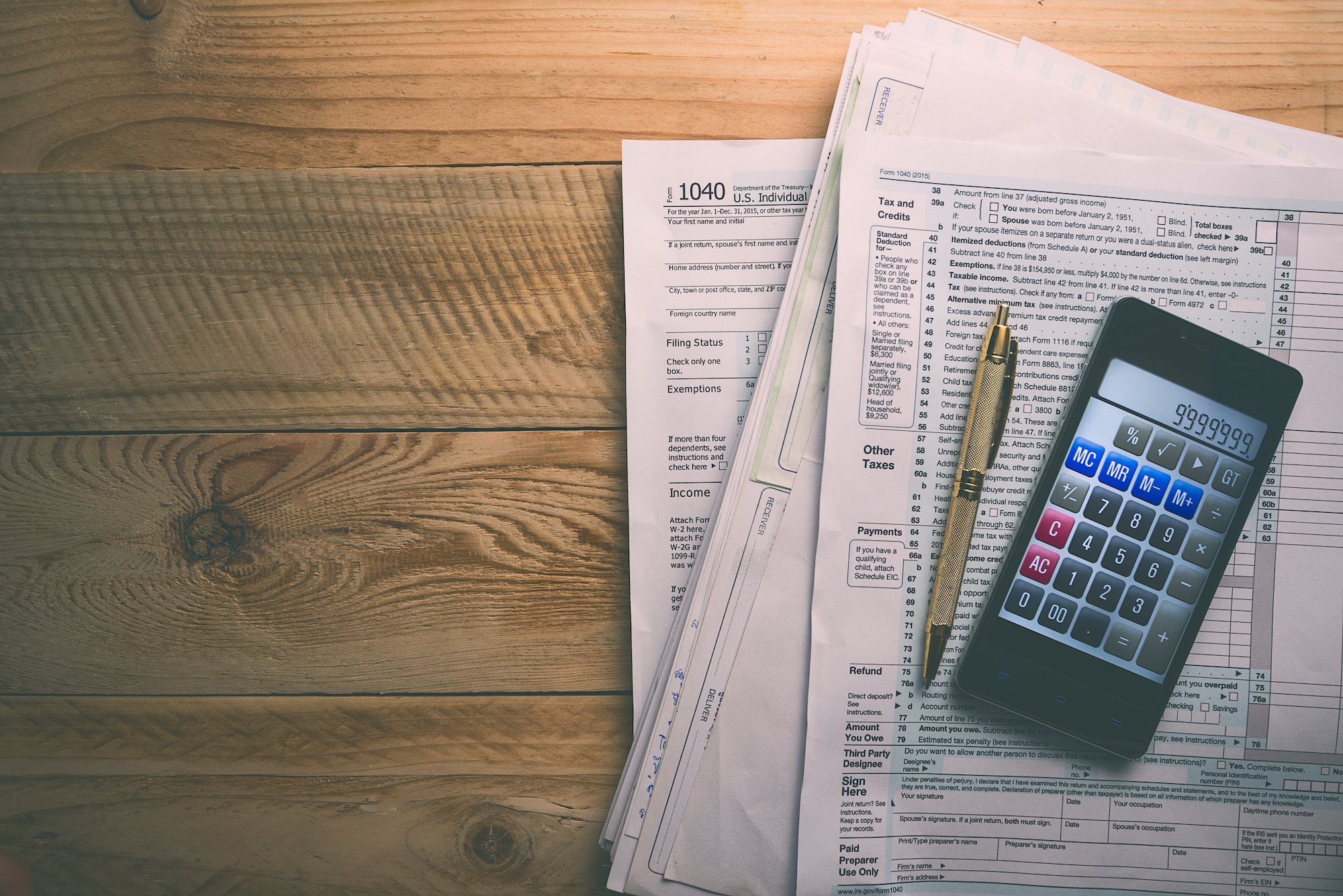In response to COVID-19 the government of Canada has introduced emergency aid to help employees, employees, and self-employed individuals who have lost their income or revenue due to the evolving coronavirus situation.
For more information about the government of Canada’s response, as well as measures enacted by provinces, to COVID-19 read What the COVID-19 Credits Mean for Your Small Business.
Here is a guide to help those who are self-employed and are in need of the Canadian Emergency Response Benefit (CERB).



